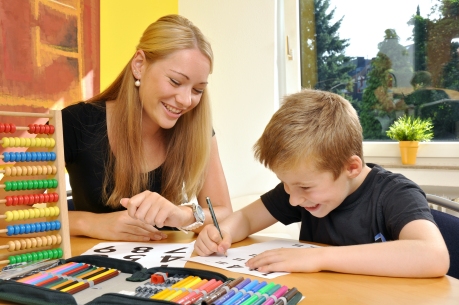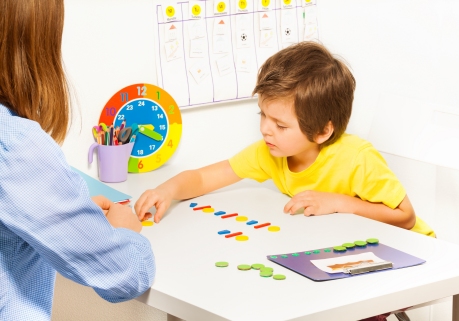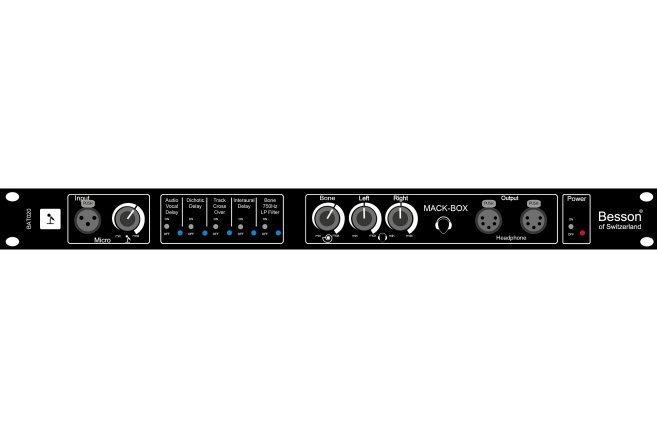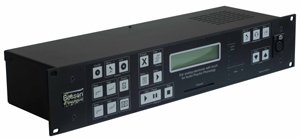Dyslexia: Auditory & Vision
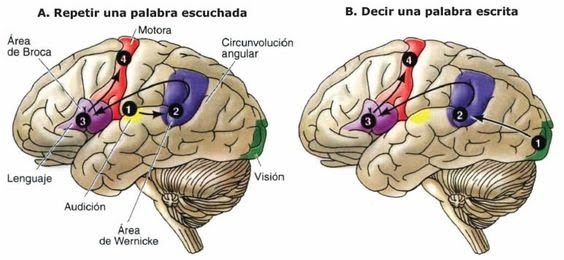
DYSLEXIA
Dyslexia is a condition that influences the learning process of reading and, consequently, also of writing, since it depends on it.
Today it is known that there are three processes involved in reading, whose dysfunction can lead to reading problems: the auditory processing process, the visual processing and the speed of processing itself and of transmission between the two processes in areas associations of the brain.
When auditory processing is altered, it is called auditory dyslexia and what can be noticed is that the person, in addition to obvious problems with reading acquisition, has problems with language. Perhaps he may have started speaking later than normal or needed speech therapy to produce certain sounds.
These symptoms usually manifest:
-They find it difficult to focus on the voice of the teacher or the one speaking to him.
– They find it difficult to retain written instructions.
– They tend to retain poor verbal information.
– They may have had pronunciation problems.
– It is difficult for them to learn new languages.
– They find it difficult to learn songs or poems.
– They can confuse similar sounds.
– They usually have language problems.
– They prefer subjects with little verbal content.
– It can be difficult for them to keep the rhythm or tone of a song.
Bearing in mind that the reading process is one more level of abstraction that is added to the language recovery and production process itself, where the two systems give each other feedback, if either of the two has processes involved that are failing to perform their function, it is more possible let it be noted that in spontaneous speech.
In these cases, the affectation of phonological discrimination, poor access to the lexicon, poor auditory background figure and, in general, slowing down in all the language decoding processes have been verified, producing an impoverishment in the ability to handle language and categorize sounds.
Within the reading process, a greater effort is usually noted in learning the letters, wrong pairing between the shapes of the letters and the sounds, and difficulty in putting together an increasing number of letters to form words. This stage where children learn to read syllable by syllable or letter by letter is the one that costs them the most (phonological reading) so as soon as they can they try to move on to a global reading where they can guess the words completely, continually making mistakes in this process by not having gone through the previous process completely and satisfactorily. Parents complain that they seem to want to “guess” the word with only the first syllable and that they often turn stuck or complex syllables.
In all these cases, if we go back to the origin of the problem, we will see tremendous energy costs in the most basic auditory and visual skills that, once resolved, lead to more agile processes and effortless reading.
More information about dyslexia assessments can be found at the Better MultiSensory Learning website.

